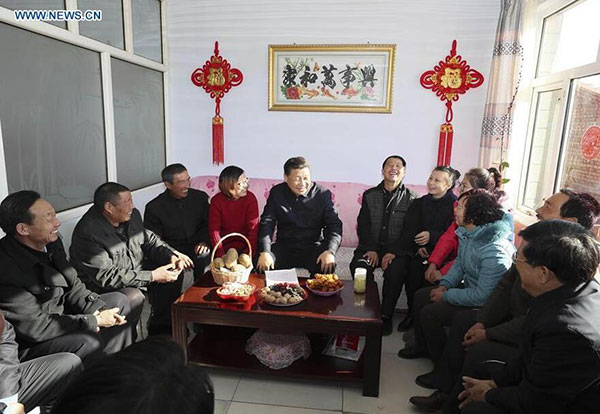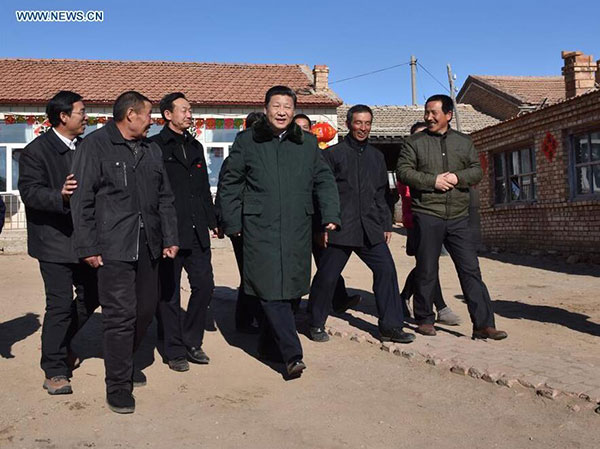Activist unhappy with zoo’s explanation
An animal welfare campaigner has accused the head of a Hangzhou zoo of failing to properly answer accusations over abuse of its tigers.
Hu Chunmei triggered widespread outrage when she shared edited footage online of a performance involving white tigers at Hangzhou Safari Park, which she recorded on Jan 12.
The two-minute clip features a confrontation between a tiger and a handler, which ended with the animal falling off the stage into a pool of water, and images of a tiger with a wound on the right side of its nose.
The footage has been shared thousands of times on Sina Weibo and other social media platforms, with many netizens criticizing the park.
In response, a manager at the zoo who was identified only as Ma gave an interview on Monday to Qianjiang Evening News, a local daily, in which he denied the animals had been abused.
However, Hu, head of the Saving Performing Animals Project run by the China Biodiversity Conservation and Green Development Foundation, a private NGO based in Beijing, said she was not satisfied with his explanation.
“He showed a photo of a tiger to the newspaper, saying that it was the one that fell into the water and that it was in a very good condition. But it’s not the same tiger. Its stripes are clearly different than the one in the video,” she said.
“The zoo manager also said the tiger that fell into the water was the same one with the wound on its face. He’s not telling the truth. When the tiger falls in the video, the one with a scar on its nose can be seen on the other side of the stage.”
Ma was quoted by the paper as saying the wound was an “inflammation of lymph nodes below the skin” and that the reason the animal had no canine teeth was because it was “in a dental transitional period”. All the tigers in the show were under the age of 3, he added.
Calls to the management office at Hangzhou Safari Park went unanswered on Tuesday.
The tourist attraction, which is in Fuyang district of Hangzhou, the capital of Zhejiang province, has been in operation since 2002 and is the largest wildlife park in East China, covering 2.66 square kilometers.
A statement issued on Monday by the Zhejiang Forestry Administration said the park had been ordered to suspend all animal performances.

